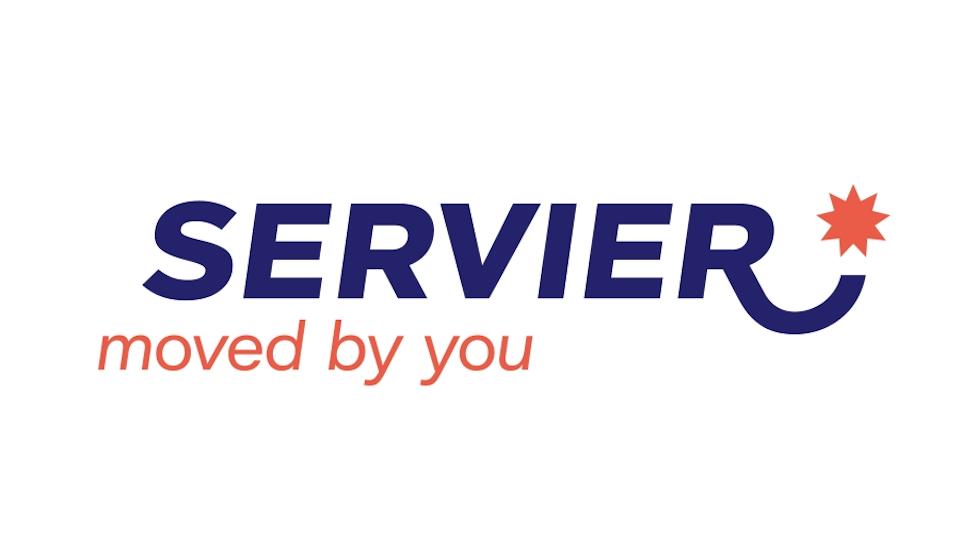Servier bags FDA okay for glioma drug from $2bn Agios buy

The FDA has approved Servier's vorasidenib for two forms of glioma, becoming the first targeted therapy for this aggressive and incurable form of brain cancer.
The IDH1/2 inhibitor, which can be dosed orally and is designed to cross the blood-brain barrier into the central nervous system, is being marketed as Voranigo for patients aged 12 years and older with grade 2 astrocytoma or oligodendroglioma with a susceptible IDH1 or IDH2 mutation.
Specifically, it can be used after surgery including biopsy, sub-total resection, or gross total resection, and will be launched straight away at a list price of $39,881 a month, said the French pharma group. The EMA meanwhile is also in the midst of an accelerated assessment of the drug with a verdict due sometime in the second half of the year.
Voranigo is the second of two IDH-targeting drugs that Servier acquired as part of its $1.8 billion takeover of Agios' oncology business in 2021, with the new approval prompting a $200 million milestone payment that takes the total value of the deal to $2 billion.
The other drug, Tibsovo (ivosidenib), is already approved to treat IDH1-mutant acute myeloid leukaemia (AML). Still, Voranigo is seen as the biggest prize from the acquisition – with potential sales of €1 billion ($1.1 billion) or more – and is a key part of Servier's plans to grow its oncology business to €3 billion in revenues by 2030.
Voranigo represents "an enormous leap forward in cancer care, and a defining moment for people living with grade 2 IDH-mutant glioma," said Arjun Prasad, Servier's chief commercial officer.
Patients diagnosed with this type of glioma are typically young, otherwise healthy individuals and often only become aware of the cancer as a result of a seizure. Treatment has barely changed in the last two decades, with current therapies based on chemotherapy and radiotherapy associated with both short- and long-term toxicity.
IDH mutations are commonly seen in gliomas, accounting for somewhere between 50% and 81% of cases, according to figures from the US National Institutes of Health (NIH).
Prasad added that it is "the first breakthrough in this specific disease area in nearly 25 years, offers patients unprecedented improvement in progression-free survival."
The FDA approval is based on the phase 3 INDIGO study, in which Voranigo was shown to double PFS to 27.7 months compared to 11.1 in a placebo group.












